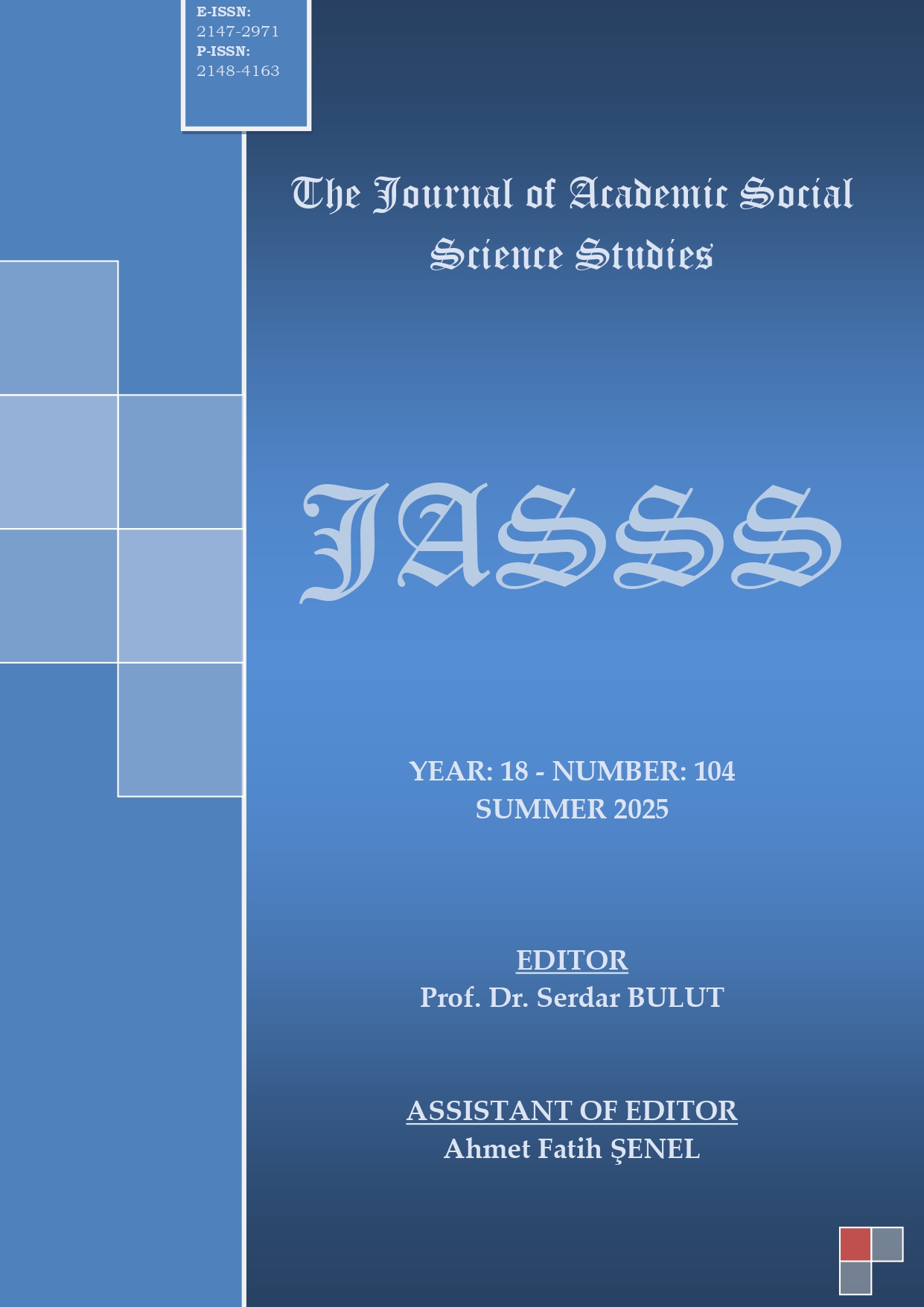Author :
Abstract
Bu çalışma, boks ve halter sporcularının zihinsel dayanıklılık düzeylerini etkileyen içsel konuşma (kendinle konuşma) düzeylerini, çeşitli demografik değişkenler ışığında analiz etmeyi hedeflemektedir. Araştırmada, nicel yöntemler kapsamında tarama modeli kullanılmıştır. Katılımcı grubunu 158 gönüllü boksör ile 151 gönüllü halter sporcusu oluşturmaktadır. Veriler, kişisel veri formu, Sporda Zihinsel Dayanıklılık Envanteri ve Kendinle Konuşma Envanteri aracılığıyla elde edilmiştir. Elde edilen veriler üzerinden ortalama değer ve sapma değerleri hesaplanmış; analiz sürecinde tek yönlü ANOVA ile bağımsız iki grup arası ortalama fark t-testi gibi parametrik test yöntemleri tercih edilmiştir. Ayrıca değişkenler ile kullanılan ölçekler arasındaki ilişkiler sürekli değişkenler arası doğrusal ilişki katsayısı (Pearson) ile incelenmiştir. Elde edilen veriler kapsamında, katılımcıların zihinsel dayanıklılık düzeylerinin branş değişkenine ve eğitim durumu değişkenine göre anlamlı farklılık gösterdiği belirlenmiştir. Ancak, cinsiyet ve milli sporcu olma durumlarına göre anlamlı bir fark gözlemlenmemiştir. Katılımcıların spor yaşı değişkeni ile zihinsel dayanıklılık düzeyleri bağlamında pozitif ilişki olduğu, katılımcıların yaş değişkeni açısından zihinsel dayanıklılık düzeyleri bağlamında anlamlı bir bağ bulunmamıştır. Öte yandan, cinsiyet, branş, milli sporculuk ve eğitim düzeyi değişkenlerine bağlı olarak kendinle konuşma düzeylerinde farklılıklar gözlenmiştir. Yaş ve spor yaşı değişkenleriyle içsel konuşma düzeyleri arasında da pozitif ilişkiler tespit edilmiştir. Ayrıca, katılımcıların zihinsel dayanıklılık düzeyleri açısından katılımcıların kendinle konuşma düzeyleri bağlamında pozitif ilişki olduğu tespit edilmiştir. Bu bulgular, sporcularda zihinsel dayanıklılığı etkileyen içsel konuşma stratejilerinin hem bireysel hem de çevresel faktörlerden önemli ölçüde etkilendiğini göstermektedir. Sonuçlar, spor psikologlarının zihinsel dayanıklılığı artırma sürecinde kendinle konuşma tekniklerine özel bir önem vermeleri gerektiğini ortaya koymaktadır.
Keywords
Abstract
This study aims to analyze the levels of self-talk (self-talk) affecting the mental toughness levels of boxing and weightlifting athletes in the light of various demographic variables. In the study, a screening model was used within the scope of quantitative methods. The participant group consists of 158 volunteer boxers and 151 volunteer weightlifters. Data were obtained through the personal data form, the Mental Toughness Inventory in Sports and the Self-Talk Inventory. Mean value and deviation values were calculated from the obtained data; parametric test methods such as one-way ANOVA and independent two-group mean difference t-test were preferred in the analysis process. In addition, the relationships between the variables and the scales used were examined with the linear relationship coefficient (Pearson) between continuous variables. Within the scope of the obtained data, it was determined that the mental toughness levels of the participants showed significant differences according to the branch variable and the educational status variable. However, no significant difference was observed according to gender and national athlete status. It was found that there was a positive relationship between the participants' sports age variable and their mental toughness levels, and no significant connection was found in terms of the participants' age variable in terms of their mental toughness levels. On the other hand, differences were observed in self-talk levels depending on the variables of gender, branch, national sportsmanship and education level. Positive relationships were also found between age and sports age variables and self-talk levels. In addition, a positive relationship was found between the participants' mental toughness levels and the participants' self-talk levels. These findings show that the self-talk strategies that affect mental toughness in athletes are significantly affected by both individual and environmental factors. The results reveal that sports psychologists should pay special attention to self-talk techniques in the process of increasing mental toughness.





